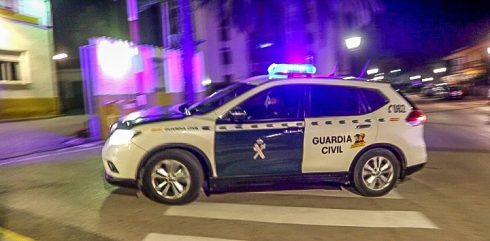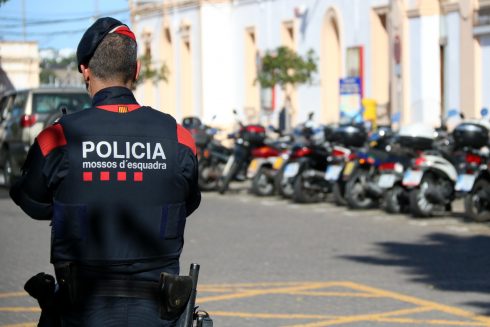VOTERS in Spain’s Catalunya region will be going to the polls on May 12, after regional premier Pere Aragones yesterday called a snap election. The decision to bring forward the vote from February 2025, when the current legislative term was due to end, came after the Catalan parliament rejected the government’s budget proposal.
Aragones, of the separatist Catalan Republican Left (ERC) party, is governing in a minority, and relies on the support of other groups in the parliament to pass legislation.
The budget proposal received the support of the Catalan Socialist Party, but was rejected by the rest of the opposition, including the hardline separatist Junts pel Si group.

The fallout from the decision is not just limited to the Catalunya region, given that today lawmakers in the national Congress of Deputies will be voting on a controversial amnesty law, which, if passed, will absolve anyone involved in the Catalan drive for independence over the last decade.
What’s more, Spain’s prime minister, Pedro Sanchez of the Socialist Party, is also governing in a minority and needs the support of both Junts and ERC in the Congress of Deputies to pass laws.
The most high-profile beneficiary of the amnesty law is likely to be the leader of the Junts party, Carles Puigdemont, a European Member of Parliament who is also a fugitive from Spanish justice.
Puigdemont has been living in self-imposed exile in Belgium since 2017, when he fled from Spain to escape arrest for his role in the independence drive.

He was the regional premier at the time, and played a key role in the illegal referendum held on October 1 that year on secession from Spain, and the subsequent unilateral declaration of independence passed by parliament.
The big question now, in the wake of the calling of snap elections, is whether Puigdemont will be able to stand as the candidate for Junts at the May 12 polls.
The general secretary of the party, Jordi Turrull, said on Wednesday that he was counting on the fugitive politician being able to run at the top of the electoral list.
Puigdemont himself, meanwhile, tried to avoid answering questions about his immediate future while talking to reporters in Strasbourg yesterday.
He did, however, let this slip: “With the electoral calendar in my hand, I will be able to be present at the investiture debate.”
There is no legal reason currently why Puigdemont could not run in the elections, apart from the fact that he cannot campaign in Spain as he would be arrested as soon as he set foot in the country.
In terms of the timings, however, he could still have to wait several months before potentially benefitting from the amnesty law.
First the legislation has to pass and come into force, something that is expected to happen in May, and then the Supreme Court will have to decide on whether or not Puigdemont can benefit from the amnesty law.
Puigdemont could be facing charges for terrorism for his role in organising demonstrations in 2019 that saw access to Barcelona airport blocked.
After the rollercoaster ride of events in Catalunya over the last decade, due to the push for independence from Spain, current regional premier Pere Aragones had promised a more peaceful time in terms of politics, something that will be far from assured now that he has decided to bring forward the polls.
Read more:
- Spain’s ruling Socialists reach controversial deal with Catalan separatist parties over amnesty law
- Spain’s top court opens ‘terrorism probe’ into exiled Catalan ex-president Carles Puigdemont
- Spain’s opposition Partido Popular in chaos after leader Alberto Nuñez Feijoo makes ‘off the record’ U-turn on Catalan amnesty
Click here to read more News from The Olive Press.








